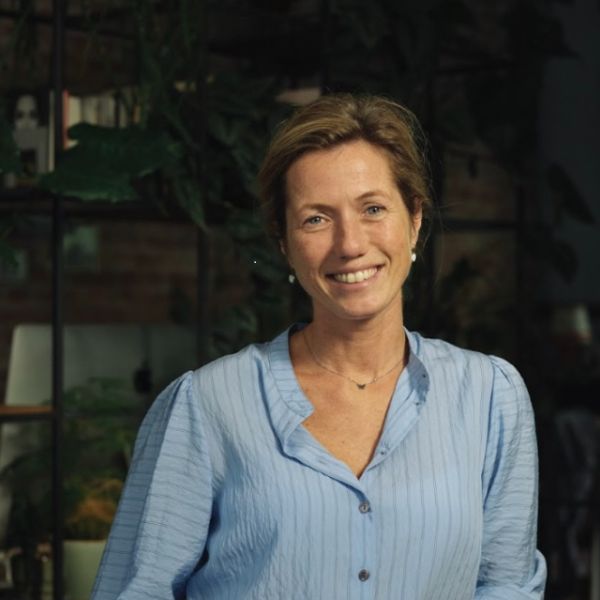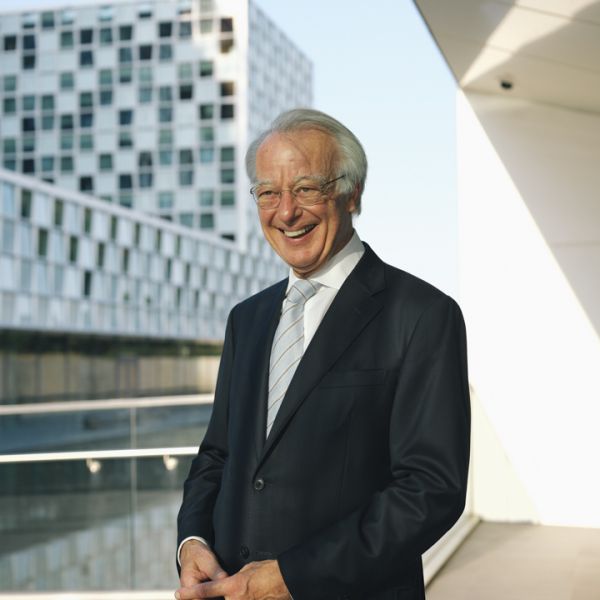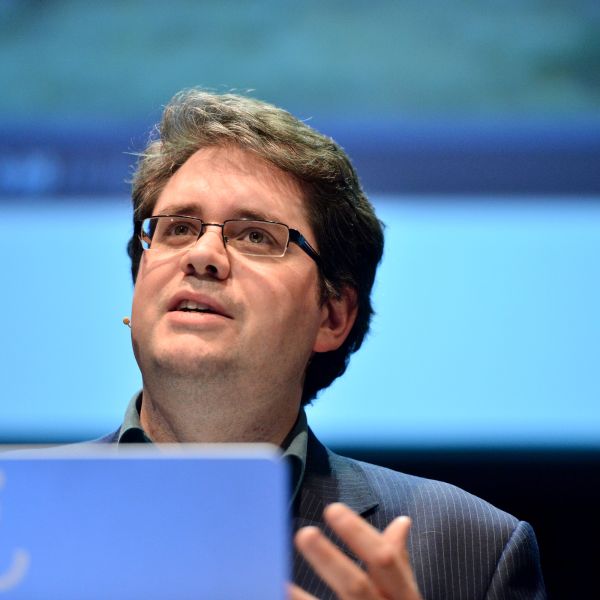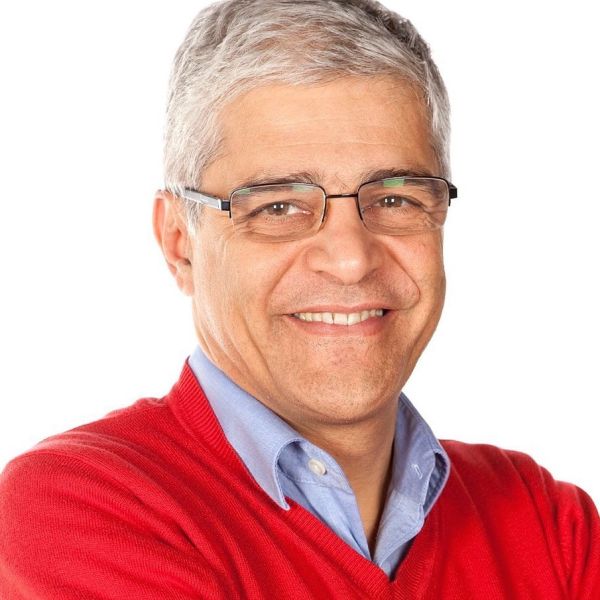75 years of UN in 75 stories: Gizem Kilinç
In the early 1980s, the Kurdish parents of Gizem Kilinç (1989) fled from south-eastern Turkey to the Netherlands. Her family history gave her an interest in conflict mediation and international relations from a very early age. Today, she is dedicated to increasing youth participation in peace processes.
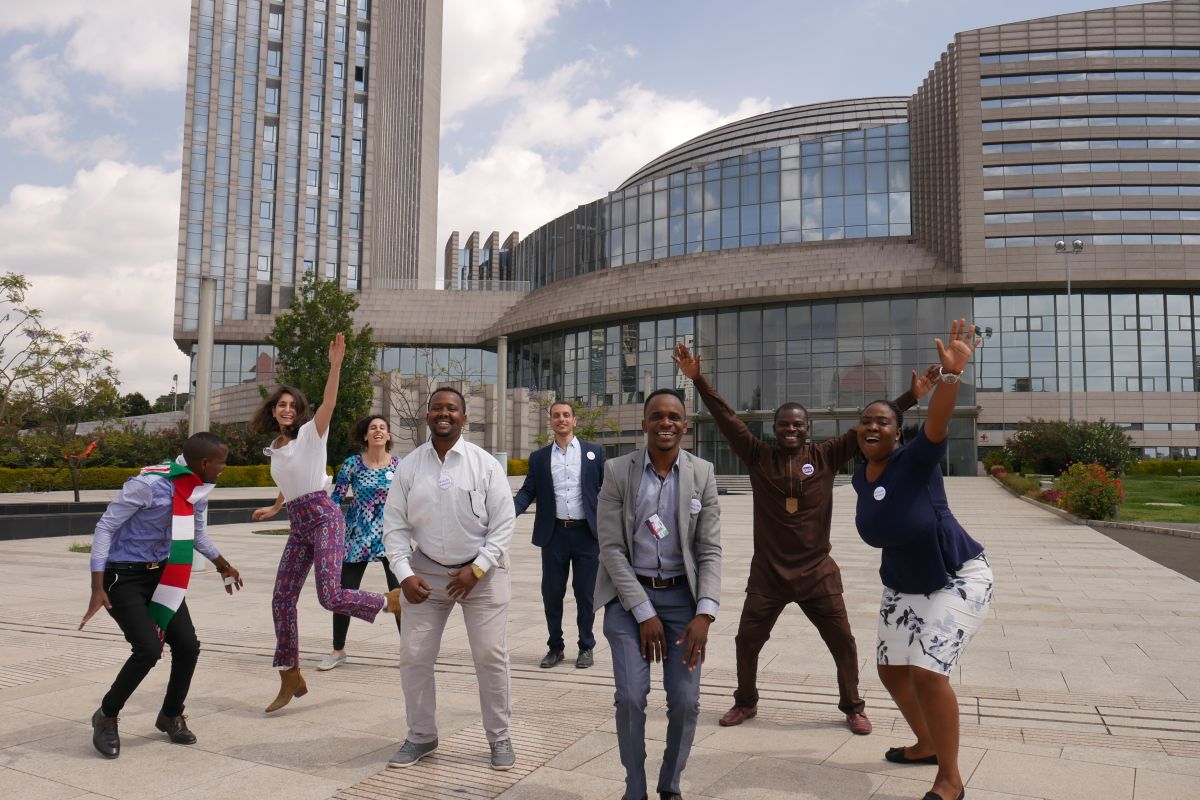
Young people under 30 represent more than half of the world’s population. In many countries, these young people have no representation in politics or public administration, even though they are the ones who face the consequences of political decision-making. Young people are particularly vulnerable to poverty, social inequality and a lack of education and jobs. The lack of perspective makes them susceptible to radicalisation. This undermines democracy and impedes progress.
The UN Security Council’s resolution 2250 of 2015 on youth, peace and security is the first resolution ever to acknowledge the positive role that young people play in the maintenance and promotion of peace and security. The resolution calls upon member states to give young people a greater role in decision-making at the regional, national and international levels.
The United Network of Young Peacebuilders (UNOY Peacebuilders) is an international network of young people and youth organisations that has been active since 1989. UNOY works in conflict areas and former conflict areas, focusing especially on young people in these areas. It assists in reconstruction activities and engages in human rights advocacy.
“There’s so many people who are not being heard, young people most of all”
“A young Pakistani girl and her sister established Aware Girls, a helpline for young women struggling with sexual matters. In Pakistan these subjects essentially cannot be discussed at all, which can lead to major problems.
It’s an example of how young people can play such a vital role in social issues. With the United Network of Young Peacebuilders (UNOY), we’re trying to give them a platform. While I was studying at university, it was already clear to me that the debate is dominated by older men. There’s so many people who are not being heard, young people most of all. Even though so many problems like unemployment, hunger and poverty affect young people most of all.
“Young people often come up with strikingly creative ways to engage with hard-to-reach groups”
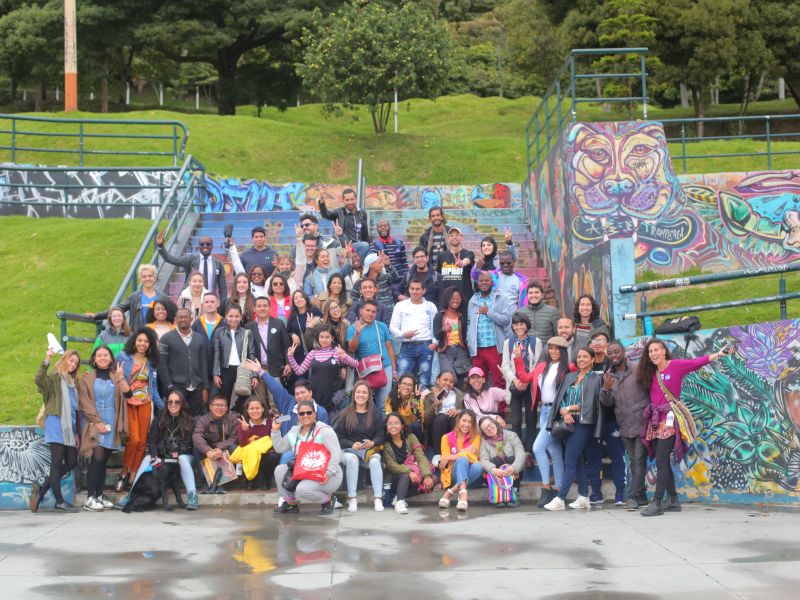
Ever since the UN Security Council adopted resolution 2250 in 2015, the perspectives of young people have officially been recognised. But when we sit down at the table with the decision-makers, we are hardly ever taken seriously. When we set out to help a young women’s rights activist from southern Asia who had gone into hiding, we went to see the ambassador of her country at her office. She treated us very politely, but instead of listening she gave us career advice and asked her assistant to take a photo with us, so she could show the world: look, see, I do listen to them.
There are about 1.8 billion young people in the world today, and one out of four of them faces conflict and violence in their lives. These young people are not heard enough, and when this group is talked about it is generally in the context of victimhood or criminal perpetration. Even though what most young people are trying to do is just build a future like everyone else.
I admire the young people who stand up to be heard – some of them do so at great risk to their own lives. Like the sisters of Aware Girls. And like Beyond Skin, which is bringing polarised young people in Northern Ireland together in music and theatre projects. Or BogotArt in Colombia, which is building bridges between ex-FARC members and civilians by having them exchange postcards writing about their experiences. Young people often come up with strikingly creative ways to engage with the groups that are usually left out of the picture.”
Er is slechts één plek op aarde waar bijna alle landen van de wereld met elkaar aan tafel zitten: de Verenigde Naties. De VN richt zich op kwesties die de grenzen van landen overstijgen of zelfs de hele wereld aangaan, zoals vrede en veiligheid, klimaatverandering, onderwijs, gezondheid, cultureel erfgoed, economische ontwikkeling, en meer. Voor velen lijkt het werk van de VN erg abstract, maar door in gesprek te gaan met reddingswerkers, vredeshandhavers, hulpverleners, diplomaten, ooggetuigen, soldaten, en anderen die betrokken zijn bij de VN, wordt duidelijk hoe belangrijk het werk van deze organisatie is. Dit is precies wat het Humanity House heeft gedaan. Helaas heeft deze organisatie zijn deuren moeten sluiten, maar Just Peace en Museon-Omniversum hebben de handen ineengeslagen om hun verhalen te bewaren. Je kunt deze verhalen nu vinden op de website van Just Peace, en een deel ervan is ook opgenomen in een tentoonstelling over de VN in Museon-Omniversum.
The 75 Years of UN Stories were collected and curated by Frederiek Biemans for Humanity House.
